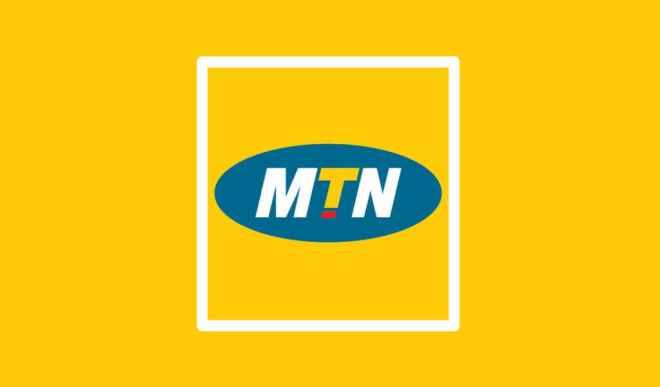Analysts have given reasons why retail investors could not access the shares of MTN Nigeria on the floor of the Nigerian Stock Exchange (NSE), following its listing last week.
The listing of MTN Nigeria was the most anticipated and biggest on the floor of the exchange last week as the Nigerian stock market rebounded.
This followed the listing by introduction of 20.4 billion shares of MTN Nigeria shares at N90 a share and a par value N0.02.
Also, within two trading sessions, its share price gained 20% to lift the local bourse marginally out of red territory. The overall market performance measure, NSE ASI, closed northwards at 28,871.93 points, having gained 153 basis points w-o-w.
Analysts at Coronation Research have suggested that this week, they expect the local equities market to close marginally in green territory as the euphoria of the listing of the telecoms giant is likely to be sustained. “More so, we expect investors to take advantage of the general low share prices in the market,” they said.
But soon after the close of business on Thursday and Friday, retails shareholders have started expressing frustration at their inability to access the shares on the floor of the exchange.
Boniface Okezie, a representative of Minority shareholders told Daily Trust that: “shareholders are not happy because we could not buy their shares; it was not available and we don’t share in all the excitement going around.”
According to Coronation Merchant Bank, no capital is being raised from the listing.
“This is because MTN‘s existing shareholders have not made any commitment to sell off some of their shareholdings. Consequently, no liquidity should be expected from this process. It can best be said that the company is basically doing this out of obligation,” it said.
According to the Nigerian Stock Exchange, there are about five different ways to list a company’s shares on the Nigerian bourse.
The most popular one is through Initial Public Offering, which basically avails the investing public the opportunity to subscribe to a company’s shares. Two things are involved when shares are listed through an IPO, namely: an offer for subscription and an offer for sale.
Listing by introduction, on the other hand, has to do with the listing of a company’s shares without an Initial Public Offering.
According to the NSE, “your company’s shares are listed without a prior IPO; the company would usually have raised capital prior to applying to list, and also must meet the listing requirements – including a minimum number of public shareholders (300 to list on the main board; 51 to list on the ASEM) and minimum public float (20% for the main board; 15% for ASEM).”
Explaining the delay in the IPO, the Chief Finance Officer of MTN Nigeria, Adekunle Awobodu said: “We had wanted to do the IPO last year but some circumstances hindered it, those circumstances are still there, as the situation improves and market conditions permit, we will have the IPO.”
The head of research at FSDH, Ayodele Akinwunmi, said: “Sincerely, I think it may be difficult for people to get the shares of MTN to buy in the next few weeks or days because of the huge interest in it and the shares and the fact that the current shareholders may not want to sell.
“We are also of the view that some investors will sell down on other highly capitalised stocks like GTB, Zenith Bank, Dangote Cement with a view to buy MTN.
“This sell down will create investment opportunities in these companies. So instead of running after MTN at the moment, savvy investors should think of positioning in the aforementioned stocks.”
It would be recalled that MTN Nigeria has had issues with regulatory agencies with a case against the Attorney General of the Federation, Abubakar Malami, still pending while N55billion is due to be paid in Q2 2019 to the telecom regulatory body, the Nigerian Communication Commission (NCC) as the last tranche of the N330billion fine that was agreed in 2016 for non-disconnection of unregistered lines.

 Join Daily Trust WhatsApp Community For Quick Access To News and Happenings Around You.
Join Daily Trust WhatsApp Community For Quick Access To News and Happenings Around You.

